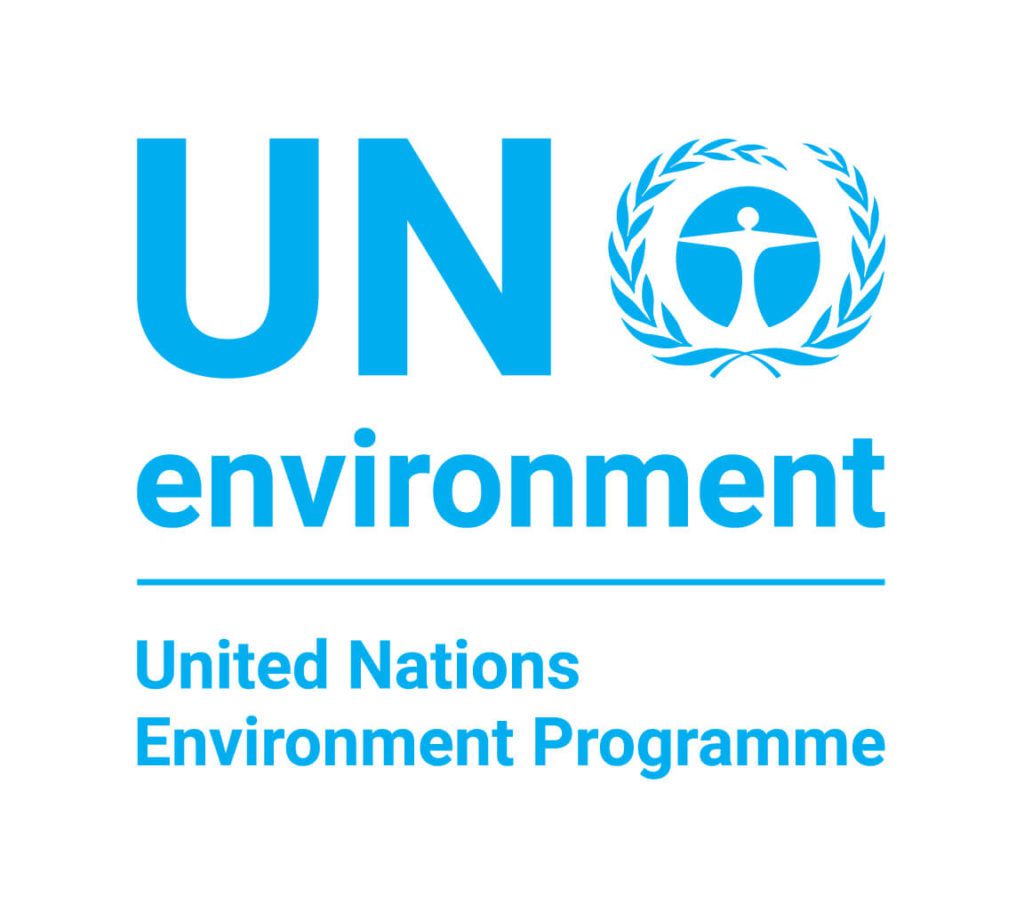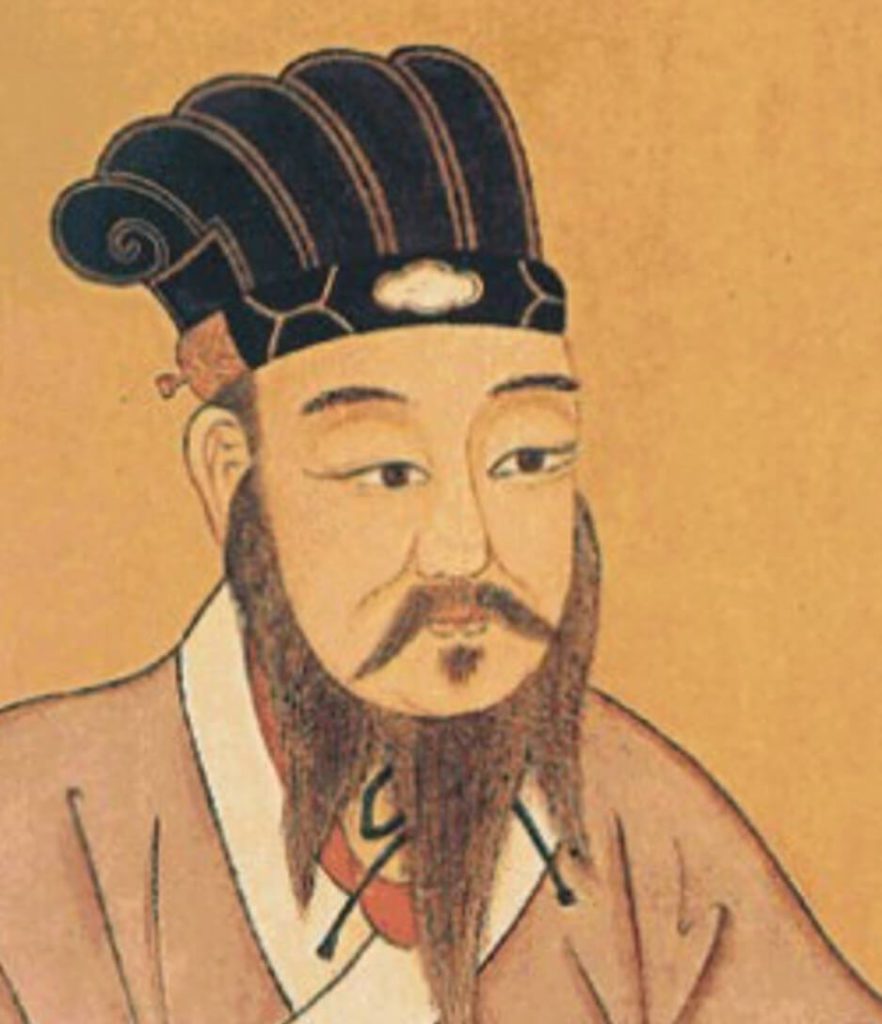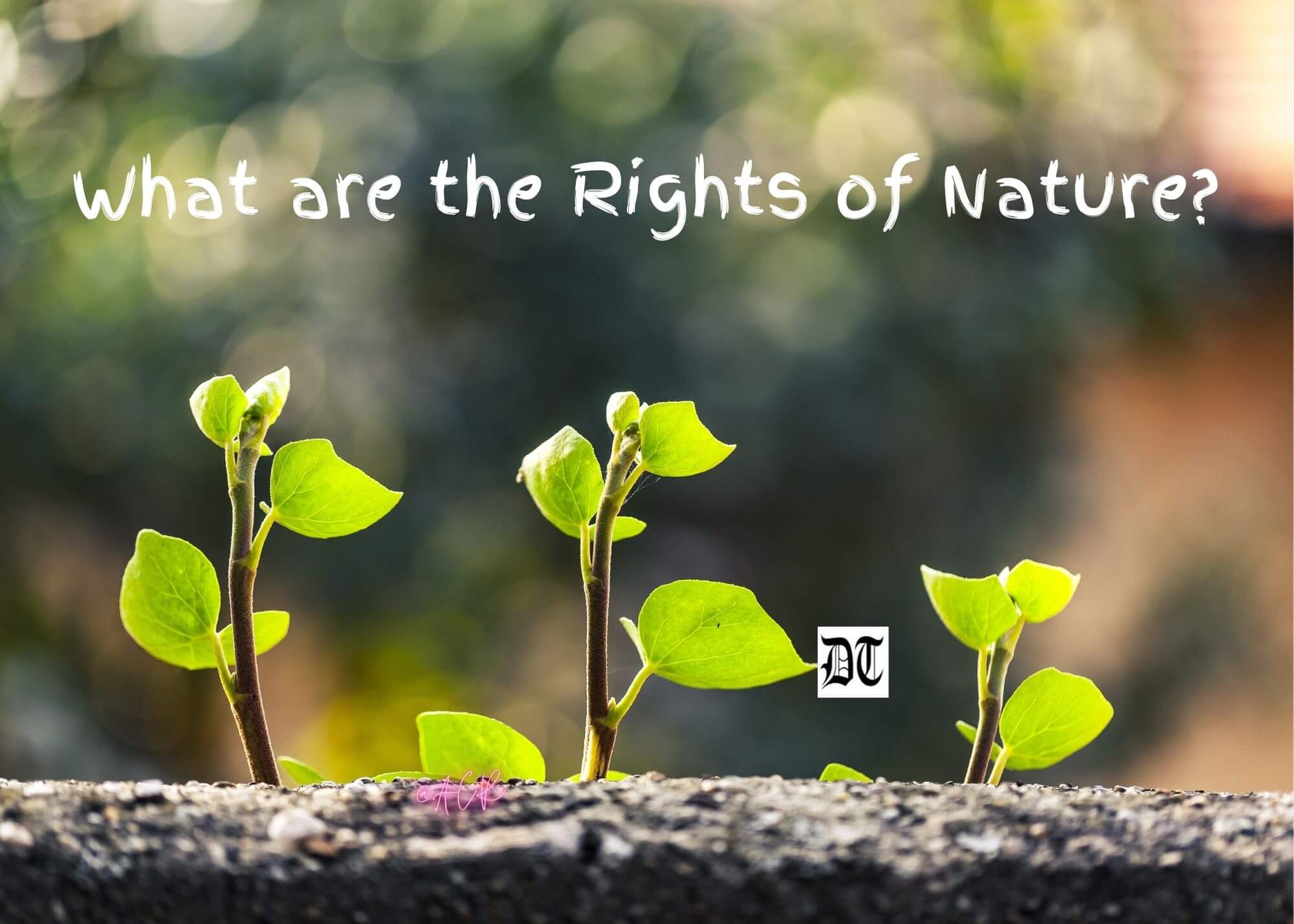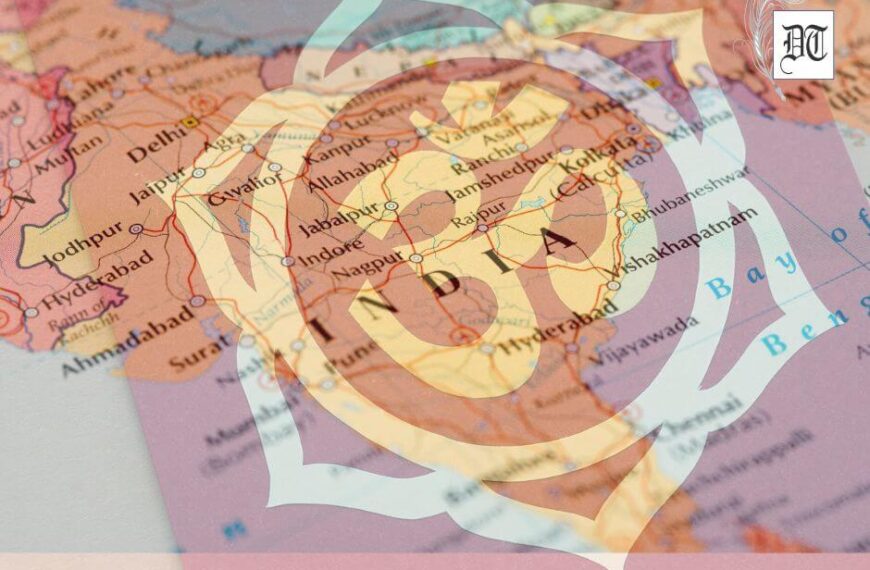Nachiketa explains three centrism, anthropocentrism, biocentrism and ecocentrism, explaining the differences. He argues in favour of ecocentrism to protect the rights of nature. A special feature, on the World Environment Day, exclusively for Different Truths.
Ecocentrism sees the ecosphere – comprising all Earth’s ecosystems, atmosphere, water, and land – as the matrix which birthed (sic) all life and as life’s sole source of sustenance. It is a world view that recognises intrinsic value in ecosystems and the biological and physical elements that they comprise, as well as in the ecological processes that spatially and temporally connect them. Ecocentrism thus contrasts sharply with anthropocentrism, the paradigm that currently dominates human activities, including responses to ecological crises such as the sixth mass extinction. ~ Gray et al., The Ecological Citizen, 2018
In recent study of the Club of Rome’s for Limits to Growth (1972) and the 1972 United Nations Conference on the Human Environment (UNCHE), Our Common Future (Bruntland Report WECD 1987) study of UN, were the first of their kind, on caring for nature and sustainable development. In 1992, “warnings to humanity” (UCS 1992) followed by the Rio Earth Summit (1992), which was the first international meeting was an effort to protect the biosphere, resulting in the Convention on Biological Diversity (UNEP 2018), ratified by 30 nations (CBD 2020). Under the purview of the convention, till then, continuous meetings were on to resolve in favour of biodiversity conservation. The Decade on Biodiversity (2011-20) was declared by the UN consequent upon The Millennium Ecosystem Assessment (2005) report of the UN. The Intergovernmental Panel on Climate Change, projecting biodiversity, constituted the body of the Intergovernmental Science-Policy Platform, on Biodiversity and Ecosystem Services (IPBES), in 2010. Later, IPBES focused on “ecosystem services” apart from Biodiversity protection. They published the Global Assessment on Biodiversity and Ecosystem Services (2019), informing that species, in millions, were at risk, with species depletion increasing at an alarming rate. The warning to humanity (2017), sixth Great extinction (2017), emphasised on species depletion. “The lack of effective political action” continued, although “in the anthropocentric ethical premises and moral rhetoric typically deployed in the cause of conservation” (Taylor, et. Al., 2020).
A conflict of ethics started from the beginning. It focused on the utilitarian school of thought.
A conflict of ethics started from the beginning. It focused on the utilitarian school of thought. International reports speak the truth of the intrinsic value of non-human organisms, ignoring the utilitarian theory, tagged as Biocentrism (for a life-centered reason). On the other hand, “ecocentrism,” includes biocentric moral sentiments, keeping an eye to care, valued ecosystems. The Stockholm Conference discussed economic development for humans rather than wildlife. Non-human life forms are natural resources. An effort “to ensure the wellbeing of present and future generations of human beings.” It stated, “States have the sovereign right to exploit their own resources.” Still, eco-centric values were upheld in CBD (1992). It stated, “Conscious of the intrinsic value of biological diversity and of the ecological, genetic, social, economic, scientific, educational, cultural, recreational and aesthetic values of biological diversity and its components” (UNEP 1992). The most discussed “ecosystem services,” is anthropocentric in nature. Nature’s contributions to people are in the centre whereas diversity is narrated as “the diversity within species, between species, and of ecosystems”. It was utilitarian in notion. The document hardly appreciates the caring sentiments of indigenous people for nature, the river, and mother earth.
Taylor (2020) concluded, “We believe that if humankind is to develop environmentally sustainable and equitable societies, profound “world view remediation,” including those that include eco-centric values, is essential. Therefore, we invite scientists and others who share our eco-centric moral sentiments to not only argue for biodiversity conservation with the usual anthropocentric and prudential rationales but to share the deeper moral reasons and experiences that have given rise to their efforts to defend life on Earth. By contributing to the growth of eco-centric thought it may become possible for such conservationists to insist that eco-centric values become central in the development of international instruments such as the IPBES and CBD, and to propose concrete implementation plans that will turn these values into policies to be adopted and enforced by the governments.”
The anthropocentric approach was recorded in Principle Two of the Stockholm Declaration…

The anthropocentric approach was recorded in Principle Two of the Stockholm Declaration, which runs as: “The natural resources of the earth, including the air, water, land, flora and fauna and especially representative samples of natural ecosystems, must be safeguarded for the benefit of present and future generations through careful planning or management, as appropriate.” This notion continued decade after decade. All efforts were to safeguard mankind, the homo sapiens.
The need for environmental protection is always in context, but it is primarily to safeguard the interest of the present and future generations. The sole criterion is the need for man to safeguard the natural resources, and to maintain the ecosystem. The Rio Declaration 2012 does not hide the agenda under a veil. It states, “We recognise that people are at the centre of sustainable development and in this regard, we strive for a world that is just, equitable and inclusive, and we commit to working together to promote sustained and inclusive economic growth, social development and environmental protection and thereby to benefit all.”
The crux of the anthropocentric theory considers humans to be the most valued factor.
The crux of the anthropocentric theory considers humans to be the most valued factor. To get rid of this, the approach stresses on the intrinsic values of all the naturally preset things, to be fixed, to save other forms of life species. Reverse ethics state that it is essential to protect and preserve the flora and fauna, which, in turn, acts on protecting humankind. Eco-centrism supports the protection of all life, ignoring the utilitarian objective. We know that lost flora and fauna are our responsibility. Whatever is left is a representative sample of massive nature, which should be preserved at any cost for the future generation.
Ordinary interpretation of these three centrism, ‘anthropocentrism’ refers to views according to which only human beings are directly morally important; ‘biocentrism’ refers to the views according to which all and only living things (organisms) are directly morally important, and lastly, ‘ecocentrism’ refers, roughly, to views, according to which at least some ‘natural whole’ is directly morally important (some authors may want to reserve the label ‘ecocentrism’ for views according to which natural wholes of some particular kind are directly morally important, usually ecosystems).” Critics are authorised to dwell on these asymmetric and non-inclusive terminology. They marked ecocentrism as holistic and conceptual truth.
Yao (2014) interpreted the eco-ethical principle of the Confucian eco-ethics of tianren heyi…

Yao (2014) interpreted the eco-ethical principle of the Confucian eco-ethics of tianren heyi (‘ren’ equivalent to anthropocentric and ‘tian’ is nature-centric), which combines humans and the environment into one human-cosmic system. So, mankind is anthropo-cosmic in relationships, not anthropocentric, individually. This understanding follows the interrelationship of humans and nature and interdependence without conflict. Yao (2014) opined, “Confucian eco-ethics rejects either extreme anthropocentrism or extreme eco-centrism as an independent perspective for the solution of environmental problems; instead, it subjects both to a higher principle wherein human society and the eco-system have each their own values and positions and next Confucian eco-ethics refuses to accept purely abstract views concerning the unity between humans and nature, and confirms that human-cosmic harmony must come from the interaction and interdependence of humans and their environment. Further, Confucian eco-ethics rejects the static views concerning humanity and nature, in which humans and natural environment exist and operate in parallel and without mutual interference.” So, the prospect of human development is the interplay of a dynamic harmony between human action and ecological adjustment.
Experts of ecology, philosophy and social science emphasise eco-centric values and recommend the protection of “nature for its own sake as prerequisites to successful conservation”. And the other camp deserves “a plurality of perspectives on the ethics of conservations.” It is true that humans are in an advantageous position. Lesser they act for prospects for non-human life. Crist (2012) stated, “I do not necessarily foresee a world that collapses by undermining its own life-support systems. It may instead turn into a world that is propped by the strengths advanced industrial civilisation has at its disposal: the rational-instrumental means of technical management, heightened efficiency, and technological breakthrough. It is possible that by such means a viable “civilisation” might be established upon a thoroughly denatured planet. What is deeply repugnant about such a civilisation is not its potential for self-annihilation, but its totalitarian conversion of the natural world into a domain of resources to serve a human supremacist way of life, and the consequent destruction of all the intrinsic wealth of its natural places, beings, and elements.”(cited by Kopninna, 2018).
Eco-centrism is the basis from which the rights of nature and fundamental basis of deep ecology may be interpreted.
Eco-centrism is the basis from which the rights of nature and fundamental basis of deep ecology may be interpreted. To save abundant life on earth, and not merely for the sake of human welfare, Kopninna (2018) stated, “If we are to conceive the ‘future of conservation’ more broadly, we need to consider a quite different typology in conservation – the one that acknowledges the intrinsic value of nature. We believe that to unite social and ecological justice and sustainability concerns, several things are needed. There is a requirement to move from a growth to a steady-state economy, via a period of degrowth, and transition to a circular economy. However, there is also a need to urgently begin enacting the NNH and bio-proportionality visions of setting aside sufficient habitat for other species, while also limiting our own numbers. This would allow all living beings and ecosystems to flourish and continue to evolve.”
References
- Bron Taylor, Guillaume Chapron, Helen Kopnina, Ewa Orlikowska, Joe Gray, John J. Piccolo, The need for ecocentrism in biodiversity conservation, 2020, https://doi.org/10.1111/cobi.13541
- Xinzhong Yao, An Eco-Ethical Interpretation of Confucian ‘Tianren Heyi’ Frontiers of Philosophy in China, December 2014, Vol. 9, No. 4 (December 2014), pp. 570-585
- Helen Kopninaa, Haydn Washingtond, Joe Graye, Bron Taylorf, the ‘future of conservation’ debate: Defending ecocentrism and the Nature Needs Half movement, Biological Conservation 217 (2018) 140-148
- Gray, Joe, Ian Whyte & Patrick Curry, 2018. Ecocentrism: what it means and what it implies. The Ecological Citizen, Vol 1, No 2.
Visuals by Different Truths






 By
By
 By
By
 By
By